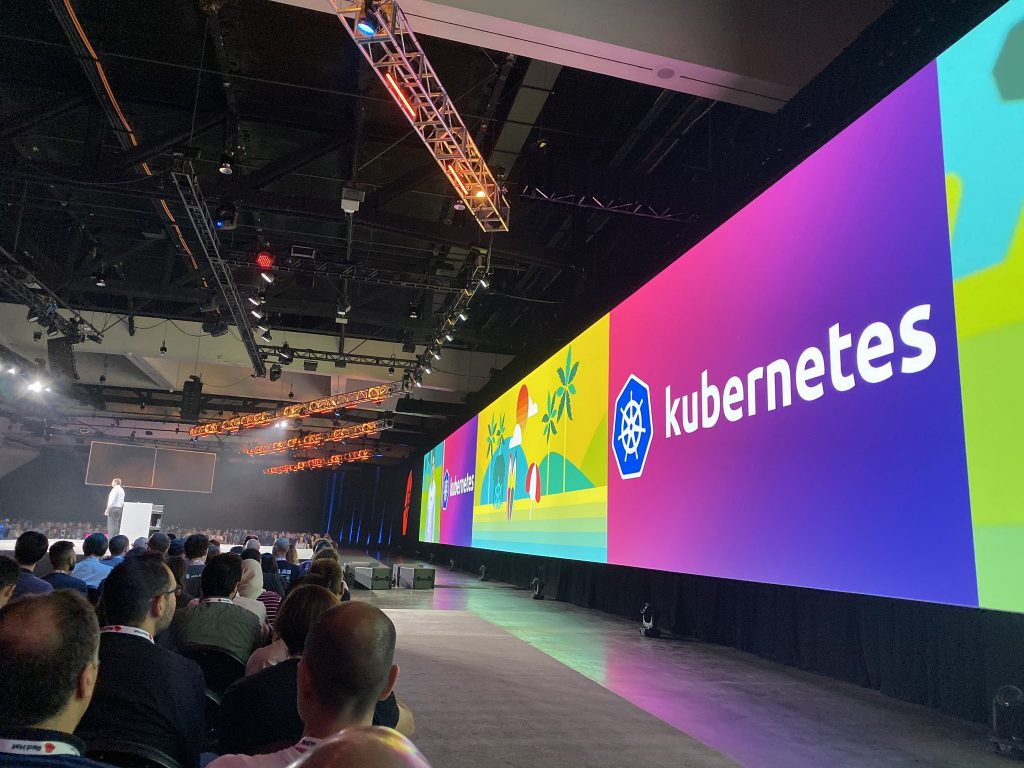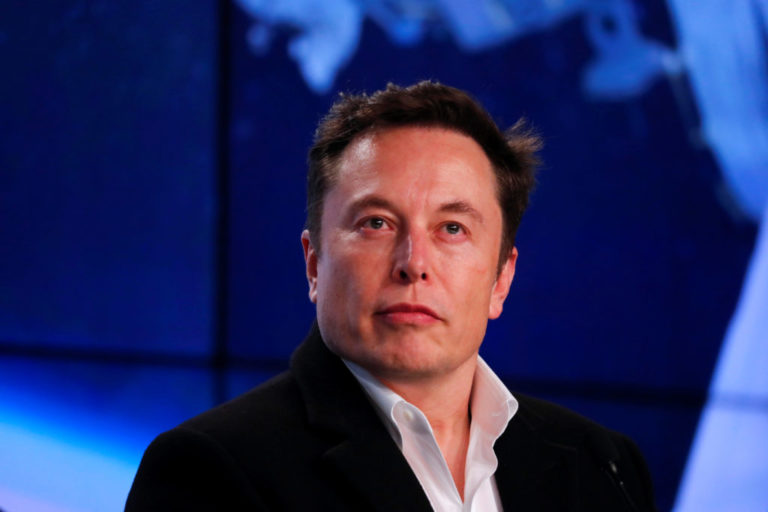The pace of innovation and change will, in general, leave dependable procedures in the dust. Same is the case with software development. Running programming in containers is getting on, and an essential reason is on the grounds that when code is created in one environment, it may not run the equivalent on the off chance that it is deployed in another. This prompts errors, which set aside effort and time to fix. In this time of fast iteration and software release, nobody can manage the cost of that. In this way, containerisation environments like Docker and Kubernetes continue picking up in popularity.
But recently, when Mirantis announced that it will acquire Docker Enterprise platform from Docker Inc., including their 750 customers, it came as a noteworthy development in the container race. Now, Docker’s 300 engineers will quickly be coordinated into the Mirantis team, and Docker Enterprise team will proceed to create and bolster Mirantis Kubernetes with Docker Enterprise solutions. The procurement effectively hoists Kubernetes as the go-to big business tool for orchestrating container software and other micro-service administrations, according to analysts.
For Mirantis, this is just another aggressive move. The organisation most recently made an eight-figure, three-year arrangement to work out AT&T 5G’s framework. It then lined it up with propelling MCP Edge— A unified cloud-based administration plane for 5G telecom deployments. The Docker acquisition brings with many new Docker clients to Mirantis Kubernetes platform and the company will probably offer Kubernetes-as-a-Service with a steady experience for developers on any cloud and on-premise framework.
Community Driven Kubernetes Got The Open Source Lead
On a fundamental level, Kubernetes can work with any containerisation tech. Two of the most prevalent choices that it can coordinate with are rkt and Docker. Correspondingly, Docker Inc, the organisation behind Docker, offers its own container orchestration engine tool – Docker Swarm. However, even the organisation understood the way that Kubernetes has ascended to the point that even Docker for Desktop (MacOS and Windows) accompanies its own Kubernetes distribution. This is the key differentiator among it and most different orchestrators.
Rather, what has truly given Kubernetes an edge over different orchestrators is that, from the time it showed up in 2015 as an open source venture, it has been bolstered by various contributions from different players. Therefore, it has been simpler for the open source community to use it. Users see as a community created, open-to-anybody container orchestration tool which has attracted plenty of innovation compared to proprietary container orchestration solutions. Utilising it doesn’t require vendor lock-in which in some cases hamper enterprise innovation.
At the same time, we also see large companies gather their cloud software strategy around Kubernetes. One example is how VMware grew its projects over the last year with the acquisition of Heptio, Bitnami and Pivotal to turn into one of the largest contributors of Kubernetes. With the three buys, VMware will offer a wide Kubernetes-based portfolio to build, run and manage software on any cloud. The company’s leadership has stated that Kubernetes is a significant framework layer to manufacture an assorted variety of applications, traversing a wide range of environments.
“Kubernetes is driving the most significant shift in enterprise architecture since Java virtualisation and cloud,” VMware’s CEO Pat Gelsinger recently said. VMware wants to leverage Kubernetes for its clients has also recently shared its plans for project Tanzu which consists of a portfolio of VMware technologies, both existing and newly acquired for helping enterprises build software on Kubernetes containers.
Now, Is Docker Getting Docked?
While Docker kick-started the container technology adoption, its enterprise business was outpaced by Kubernetes services from large cloud service providers including IBM/Red Hat’s OpenShift and Google Cloud
According to analysts, while Docker had been concentrating on Windows container development, Microsoft along with other cloud sellers lost enthusiasm for its innovation once Kubernetes developed as the favoured container platform. Experts say this was the reason why Microsoft chose not to acquire Docker enterprise, leaving it open for Mirantis.
Somewhat amazing is the manner by which rapidly Azure clients have embraced Kubernetes. According to Datadog’s research, “80% of Datadog clients running containers in Azure are presently utilising Kubernetes, up from 67% last year”. In July, Docker released another variant of its enterprise edition that extended support for Kubernetes, a move that was viewed as an affirmation that the latter won the container race.

























